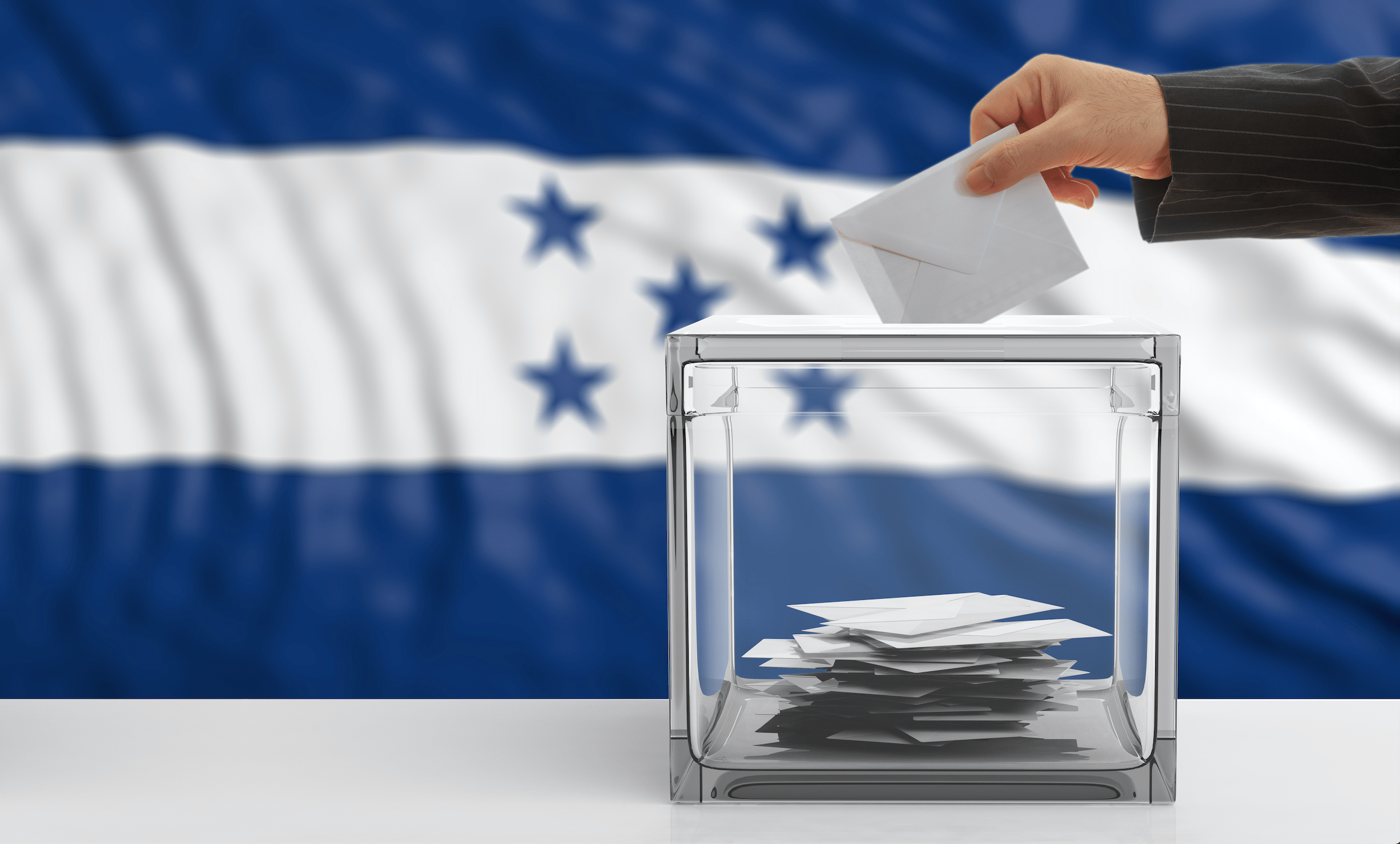RIO DE JANEIRO, BRAZIL – Hondurans will be summoned this Thursday to the eleventh general elections on November 28, since their country returned to democracy, in 1980, after almost two decades of military regimes, amidst uncertainty due to an alleged fraud foreshadowed by the opposition.
The call will be made by the National Electoral Council (CNE) in a national radio and television chain, six months before the elections in which fourteen parties will participate, of which three, the National (in power), Libertad y Refundación (Libre, first political force) and the Liberal, are the most represented in the Parliament.

In the elections, whose call was preceded on Tuesday by the approval of the new Electoral Law by the Honduran Legislative, a president, three vice presidents, 298 municipal mayorships, 128 deputies to the local Parliament, and 20 to the Central American Parliament will be elected.
The new law, which was approved by 109 of the 128 deputies that make up the Parliament, is almost a copy of the previous one, according to minority party leaders and analysts such as the first Attorney General of the State, Ángel Edmundo Orellana.
The day before, Orellana wrote in the social network Twitter that “The electoral bill agreed by the parties does not favor the modernization of the process, nor guarantees transparency in the scrutiny, because 98% of it repeats the current law and because the parties will continue to manipulate the results through their activists in the MERs” (Mesas Electorales Receptoras).
U.S.A. APPLAUDS APPROVAL OF NEW ELECTORAL LAW
The approval of the new Honduran Electoral Law, recommended for several years by the Organization of American States (OAS), the European Union (EU), and countries such as the United States, was approved at the last minute after new requests in that sense from Washington.
Upon learning on Tuesday about the approval of the new legal norm, the U.S. Embassy in Tegucigalpa indicated in a message on Twitter that “We applaud the @Congreso_HND for concretizing the long-awaited approval of the electoral reforms.”
“The implementation of these reforms is the next important step towards a transparent electoral process in November,” the same message adds.
Presidential candidate and congresswoman for the minority Innovation and Unity-Social Democratic Party (Pinu-Sd), Doris Gutiérrez, said that “the new Electoral Law does not respond to the expectations of the Honduran people, the vast majority of whom wanted a second round”.
She added that Hondurans also wanted “an electronic vote, a transparent transmission of guaranteed results and citizen-controlled polling stations to prevent the (three) (majority) political parties from manipulating this process, which is a citizen process”.
“Three political parties agreed, so we are from bipartisanship to tripartisanship, they are sharing with the big spoon the electoral receiving tables, in the same way, the departmental and municipal electoral councils. So, there is a concentration of power in these three parties”, emphasized Gutiérrez.
With the new electoral law, the three major parties will exercise control of the polling stations. In comparison, the eleven minority parties will participate randomly, with people three meters away from the polling stations where the votes are being counted, which is “absolutely ridiculous”, said the presidential candidate.
Salvador Nasralla, candidate of the recently founded Salvador Party of Honduras (PSH), told journalists that with the new Electoral Law, he is being marginalized because he is “the only one” who can remove from power the current president of the country, Juan Orlando Hernández, who has been at the head of the Executive for two consecutive terms, since January 2014.
Hernández’s second term was punctuated by allegations of alleged fraud in the November 2017 general elections, according to the main opposition forces, in addition to the fact that he sought reelection even though the Constitution does not allow it under any modality.
Nasralla accuses Hernández of being “corrupt” and a “drug trafficker” and wants to remain in power so that the United States does not extradite him and convict him for drug trafficking. However, the president has reiterated that he will hand over power on January 27, 2022, and rejected accusations from New York that he is a drug trafficker.
The PSH candidate also pointed out that, in advance, he warned that the electoral reforms would not work and that now what is going to happen is that thousands of Hondurans will migrate to the United States because they will not want to continue living “in a country run by crime”.

